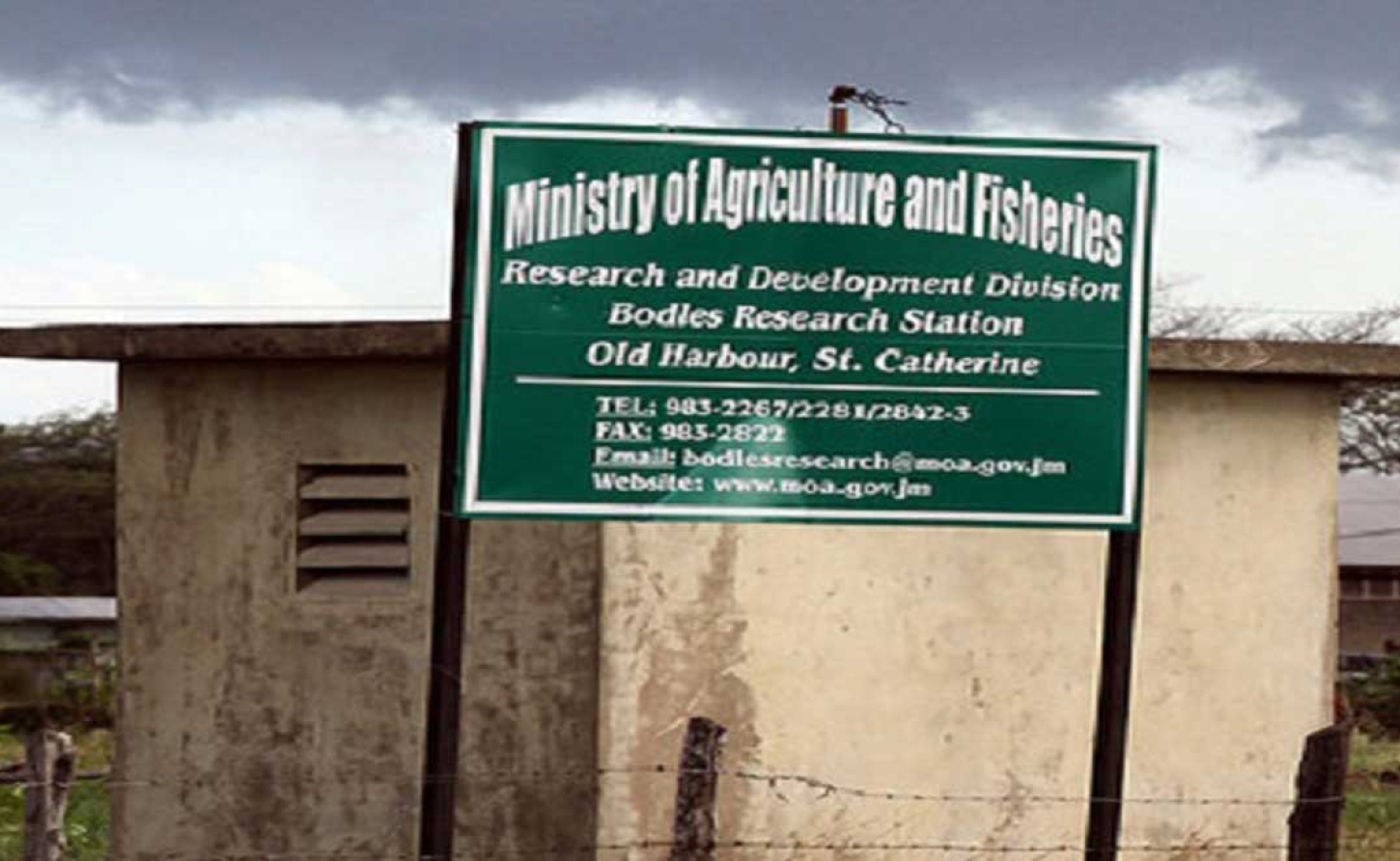JAMAICA | From Agricultural Excellence to Sewage Plans: Bodles Research Station Faces Existential Threat

KINGSTON, Jamaica, February 2, 2025 - By Lenworth Fulton - As CARICOM nations race to reduce regional food import bills by 25 percent by 2025, Jamaica's premier agricultural research facility faces a crisis that could undermine these ambitious goals.

This threat to the historic facility not only jeopardizes Jamaica's commitment to CARICOM's food security initiative but also exemplifies a decades-long pattern of eroding support for agricultural research in the Caribbean.
Between the 1950s and 1970s, Bodles stood as a world-class research facility, producing some of the region's finest agricultural scientists and supporting Caribbean food system resilience. However, its decline began in the 1980s, coinciding with the IMF-mandated liberalization of Jamaica's economy and subsequent government budget constraints.
Recent years have seen attempts to reverse this decline. The Ministry of Agriculture, Fisheries and Mining (MICAF&M) has increased its support, with capital budget allocations now reaching J$6 billion, supplemented by recurring funds and revenue from agricultural products produced on-site.
Yet despite its critical role in Caribbean agriculture, Bodles has long been eyed by housing developers. A 2008 request by the National Housing Trust (NHT) to construct a road through the facility's banana research plot was successfully rebuffed.
However, a more serious threat emerged on January 30, 2025, when NHT officials and MICAF&M leadership met to discuss appropriating 60 acres of research station land for sewage ponds to serve the Colbeck Castle Housing Scheme.
This proposal has alarmed agricultural experts, who warn of devastating consequences for research operations. The presence of sewage ponds could contaminate milk production, increase livestock abortion rates, and compromise laboratory samples through wind-borne contaminants and disease vectors.
Perhaps most tellingly, this would create the dubious distinction of being the only agricultural research station in the world with sewage treatment facilities in its midst.
The situation highlights a troubling paradox: while MICAF&M's strategic plans, championed by Minister Floyd Green, position research at Bodles as a cornerstone of agricultural development, senior ministry officials apparently entertained discussions about compromising the facility's integrity - notably without the minister's public concurrence.
The agricultural community now watches intently for the minister's response, while also seeking the opposition's stance on agricultural research in their sector plans.
The crisis at Bodles points to a larger issue requiring urgent attention: the persistent erosion of Jamaica's prime agricultural lands. Experts argue this challenge demands a bipartisan solution, combining both policy and legislation to protect these vital spaces as national heritage sites - much like Dunns River, Emancipation Park, Holland Bamboo, and the Denbigh ShowGround.
The stark choice facing decision-makers is clear: preserve a legacy of agricultural excellence that has produced world-class scientists, or trade it for what one might delicately call waste management.
The resolution of this conflict will signal whether Jamaica truly values its agricultural heritage and research capabilities, or if short-term solutions will continue to compromise long-term food security and scientific advancement.
-30-
